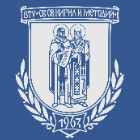Detailed introduction of St Cyril and St Methodius University of Veliko Turnovo:
Introduction and Overview
The university is located in Veliko Turnovo, Bulgaria. It is the largest university in Bulgaria outside the capital and a scientific center with national and international prestige. The school has opened several departments such as history, language, fine arts, education, and economics. It has dozens of related undergraduate and master's programs in foreign languages such as English, French, and German, finance, history, mathematics, computer, geography, philosophy, political science, and psychology. It also has doctoral training programs in related majors.
History and Establishment Time
Founded on October 1, 1963, it was certified as the University of Veliko Turnovo "St Cyril and St Methodius" on September 15, 1971.
School Strength
Faculty: It has high-quality scientific research and teaching staff who can provide students with high-quality teaching and guidance.
Academic achievements: We have conducted research in multiple scientific fields and have achieved certain scientific research results, some of which have a certain influence at home and abroad.
International cooperation: We have worked closely with the European University Association (EUA), the International Association of Universities (IAU), the Black Sea University Network (BSUN), the Agence Universitaire Francophone des Hautes Études (AUF), the Club of European University Rectors (CRE), the Balkan University Association (BUA), etc., and actively carried out international exchange and cooperation projects, providing teachers and students with a broad international exchange platform.
Nature of the institution
A non-profit public higher education institution.
Educational philosophy
Committed to providing high-quality education, cultivating students' professional knowledge and skills, promoting students' all-round development, enabling them to adapt to the needs of society and the workplace, and focusing on scientific research innovation and international exchanges and cooperation to enhance the school's overall education level and international influence.
Key laboratories and disciplines
Key disciplines: Literature, history, philosophy and other humanities and social sciences, as well as economics, computer science, education and other majors have certain advantages. For example, the literature major has a profound academic accumulation and teaching tradition in Bulgarian language and literature and foreign languages and literature; the economics major has remarkable research and teaching results in regional economy, industrial economy and other directions.
Key laboratories: No exact public information about the school's key laboratories has been found, but the school has modern material and technical basic equipment, providing good conditions for teaching and scientific research.
Faculty
The school has several departments, such as the Academy of Fine Arts, the Academy of Philosophy, the Academy of Modern Languages, the Academy of Economics, the Academy of Education, the Academy of History, etc., covering multiple disciplines such as art, humanities, social sciences, economic management, etc.
Ranking
Ranked 7th in Bulgaria in 2024 and 3604th in the world.
Cost
The annual tuition fee for Bulgarian local students is as low as US$557, and the annual tuition fee for foreign students is about US$5,000. The school also has a variety of financial aid programs to help students pay part of their education expenses.
Campus environment
Teaching facilities: It has modern teaching buildings, libraries, laboratories and other teaching facilities. The library has a rich collection of scientific papers, textbooks, novels, etc., providing students with good learning resources.
Living facilities: The campus is located in the suburbs, and students live in a close community, enjoying the benefits of the surrounding natural environment, while also having easy access to urban entertainment venues such as shopping malls, restaurants and cinemas.
-
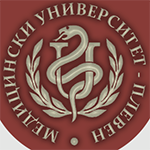
Medical University-Pleven
-
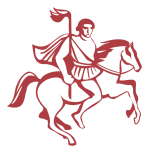
Trakia University
-
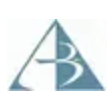
Burgas Prof. Assen Zlatarov University
-

Varna University of Management
-
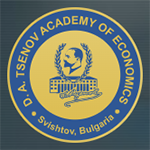
D. A. Tsenov Academy of Economics
-

Technical University - Sofia
-
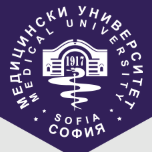
Medical University of Sofia
-

Plovdiv University
-
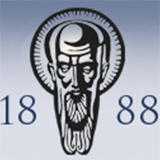
Sofia University
-
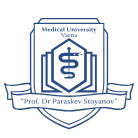
Medical University-Varna
-

Mesoamerican University
-

Istmo University
-

Mariano Galvez University of Guatemala
-

Regional University of Guatemala
-

Galileo University
-

Francisco Marroquín University
-

Rafael Landívar University
-

University of the Valley of Guatemala
-

University of San Carlos of Guatemala
-

Technological Institute of Tlaxcala Plateau
-

Golfo University
-

Technological University of South Sonora
-

Technological University of Huejotzingo
-

Tizimín Institute of Technology
-

Chilpancingo Institute of Technology

